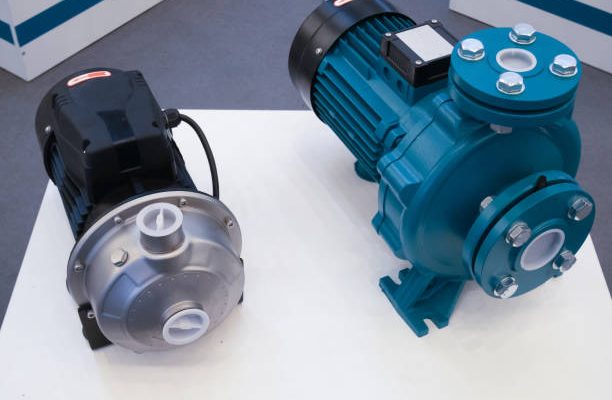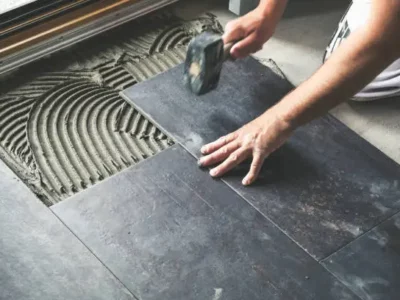When it comes to choosing the best dewatering pumps for your specific needs, it can be a difficult decision. There are many factors to consider, such as the size of the pump, the type of pump, and the maximum flow rate. In this blog post, we will discuss how to choose the top dewatering pumps for your application. We will also provide a few tips on what to look for when purchasing these types of pumps.
Choosing the best dewatering pump for your business – How to do it
Dewatering pumps are an important part of many businesses, as they are used to remove water from an area. This can be useful in a number of different situations, such as when there is flooding or when you need to empty a pool. However, when it comes to the removal of water, not all pumps are going to do the same job. There are many factors that you need to consider when choosing a pump, such as the size of it, the type, as well as the flow rate. Furthermore, you also need to make sure that the pump you choose is durable and can withstand a lot of use. After all, you do not want to have to replace it after a short period of time. This can be a costly mistake.
Determine the size of the pump that you need
This will be based on the amount of water that you need to remove from your property. If you are only removing a small amount of water, then you will not need a large pump. Conversely, if you are removing a large amount of water, then you will need a larger pump. It is important to note that the size of the pump does not necessarily determine the power of the pump. In other words, a small pump can still have a high flow rate. Because there are various sizes of pumps available, it is important to select the one that is right for your needs.
Choose the type of pump that you need
Of course, before purchasing, you would want to take into consideration the type of pump you will need for the job. Now, there are two main types of dewatering pumps: submersible and non-submersible. Submersible pumps are pumps that need to be underwater, while non-submersible pumps, logically, should not be placed underwater. Submersible pumps are typically more powerful than non-submersible pumps, but they can also be more expensive. Non-submersible pumps are less expensive, but they may not be as powerful as submersible pumps. Furthermore, non-submersible pumps can be used in a wider range of applications. There is also a third type of pump, known as a semi-submersible pump. This type of pump is designed to be used in both underwater and above-water applications.
Think about the flow rate
The flow rate is how fast the pump can move water. This is an important factor to consider, as you want to make sure that the pump can move the water at a fast enough rate. If the pump is too slow, then it will take longer to remove the water from your property. Conversely, if the pump is too fast, then it may not be able to handle the amount of water that you need to remove. You should also consider the head, which is how high the pump can lift water. This is important if you need to remove water from an elevated area.
Finally, think about durability
As we mentioned earlier, you want to make sure that the pump you choose is durable. This is because you do not want to have to replace it after a short period of time. Furthermore, you want to make sure that the pump can withstand a lot of use. There are a number of different materials that pumps can be made from, such as cast iron, stainless steel, and plastic. Each material can bring a different benefit, or drawback to your business, so make sure you choose carefully. For example, cast iron is very durable, but it is also heavy. Stainless steel is less heavy than cast iron, but it is not as durable. Plastic is the lightest material, but it may not be as durable as the other two materials.
You also need to decide whether you want a gasoline-powered or electric-powered pump
Gasoline-powered pumps are typically more powerful than electric-powered pumps, but they can also be more expensive. Electric-powered pumps are less expensive, but they may not be as powerful as gasoline-powered pumps. Furthermore, electric-powered pumps are more convenient, as you do not need to worry about refueling them.
When it comes to choosing a dewatering pump, there are a number of different factors that you need to consider. These include the size of the pump, the type of pump, the flow rate, and the head. You also need to think about durability and decide whether you want a gasoline-powered or electric-powered pump. By taking all of these factors into consideration, you can be sure to choose the best pump for your needs. Once you have considered all of these factors, you should be able to choose the best dewatering pump for your needs. If you are still unsure, then you can always consult with a professional.






















